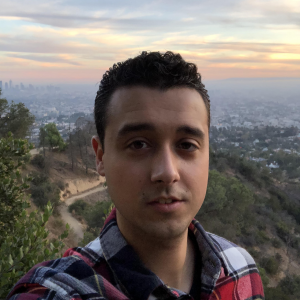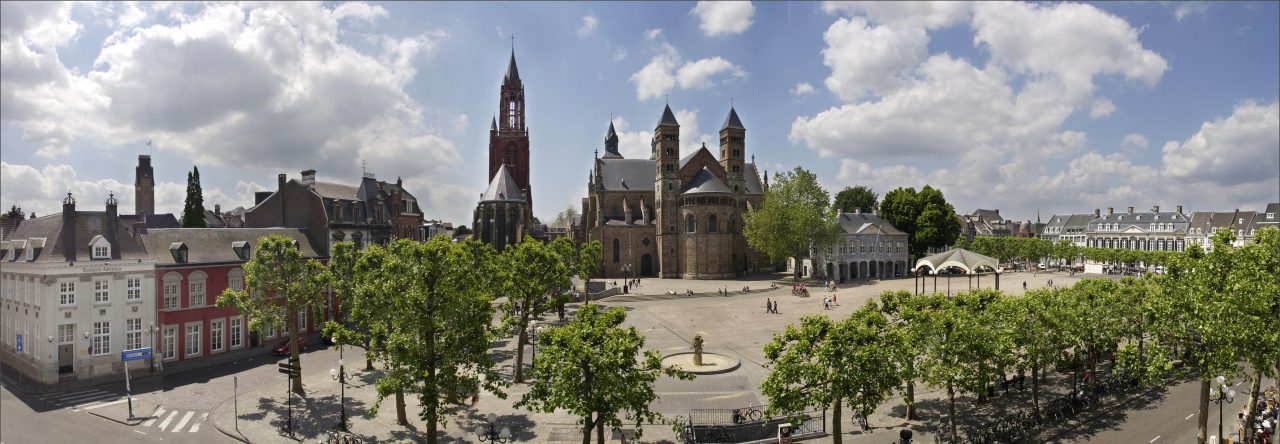Through its history, CIG has brought together research from throughout the AI community to the area of games. This has fostered innovative ideas: how to have computers assist in designing better games, how to have computers help us better understand our games, and how to have games help us design better AI. The recent advances in deep learning are another opportunity to combine AI and games in unique and interesting ways.
Inside and outside of the community, researchers have already done some incredible work combining the latest advances in deep neural networks with games. They have been used with reinforcement learning to advance game playing agents and recurrent neural networks have been used for level generation. This special session is intended to highlight this work and encourage more work in this promising direction. This is an opportunity for researchers with a strong background in deep learning to explore how games can provide a new dimension in the types of problems neural networks can address. For researchers already in AI and games, this is the moment to experiment with how deep neural networks can extend the work they are already doing.
Understanding how to best incorporate deep neural networks into existing algorithms and in game like environments is still in its early stages. It has the potential to revitalize old problems and allow game data to play a more central role. This special session is a chance to bring together people and work being done on the many open challenges in the cross section between deep learning and games.
Submission deadlines:
- March 1, 2018: Abstract submission deadline
- March 15, 2018: Paper submission deadline
Scope and list of topics:
This special session focus is on advances in game AI that are based on deep neural networks. We welcome both gradient-based and gradient-free methods as long as they are applied to deep neural networks. We also encourage proposals for new competitions, challenges and data sets that can be used to advance and compare deep learning techniques in the field of AI in Games.
Some examples of topics that would be fit in this session:
- Deep reinforcement learning
- Deep neuroevolution
- Imitation learning
- Transfer learning
- One-shot learning
- Lifetime learning
- Data-driven procedural content generation
- Game analytics
- Churn prediction
- Player modeling
- Rule inference: Learning the rules of a game from observations
Organizers:

Niels Justesen is a PhD fellow at the IT University of Copenhagen where he is part of the Center for Computer Games Research and the Robotics, Evolution and Art Lab (REAL). His research is focussed on game-playing algorithms for strategy games, including tree search, evolutionary algorithms and deep learning.
Justesen holds a BSc in software development and MSc in games technology, both from the IT University of Copenhagen. He has previously worked at IT Minds.

Philip Bontrager is a PhD Candidate at New York University school of engineering. There he is a member of the Game Innovation Lab. Philip’s research consists of using deep learning and evolutionary strategies to further procedural generation techniques. Philip has a B.A. in Informatics and Mathematics from Goshen College and a MSc from New York University in Computer Science.

